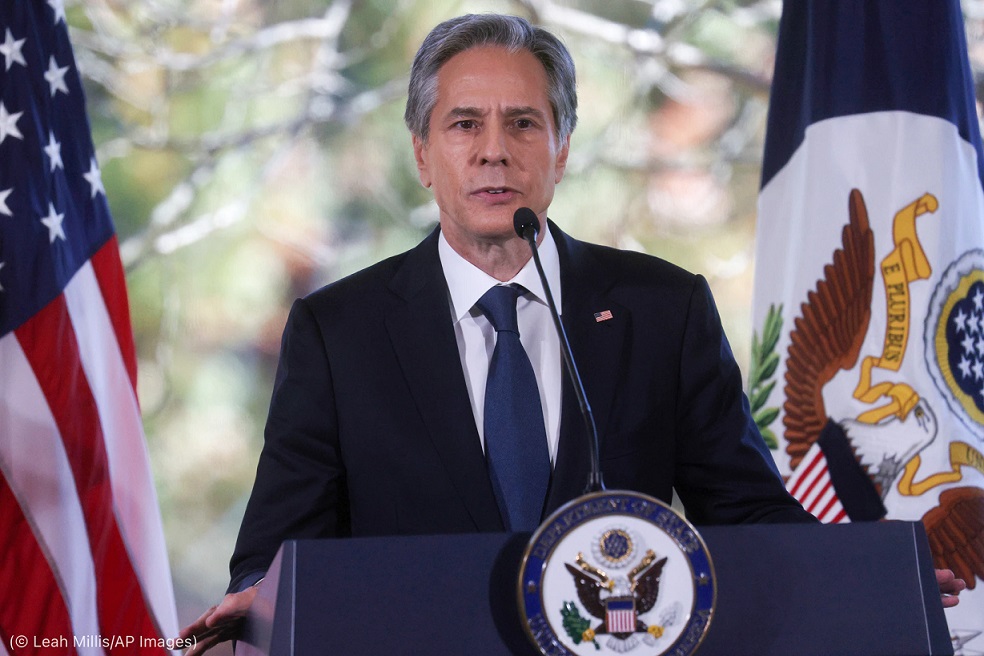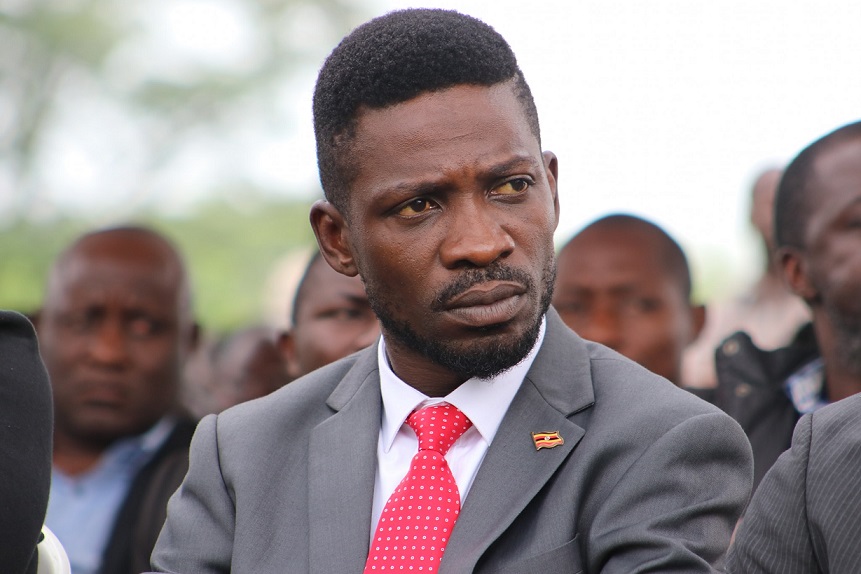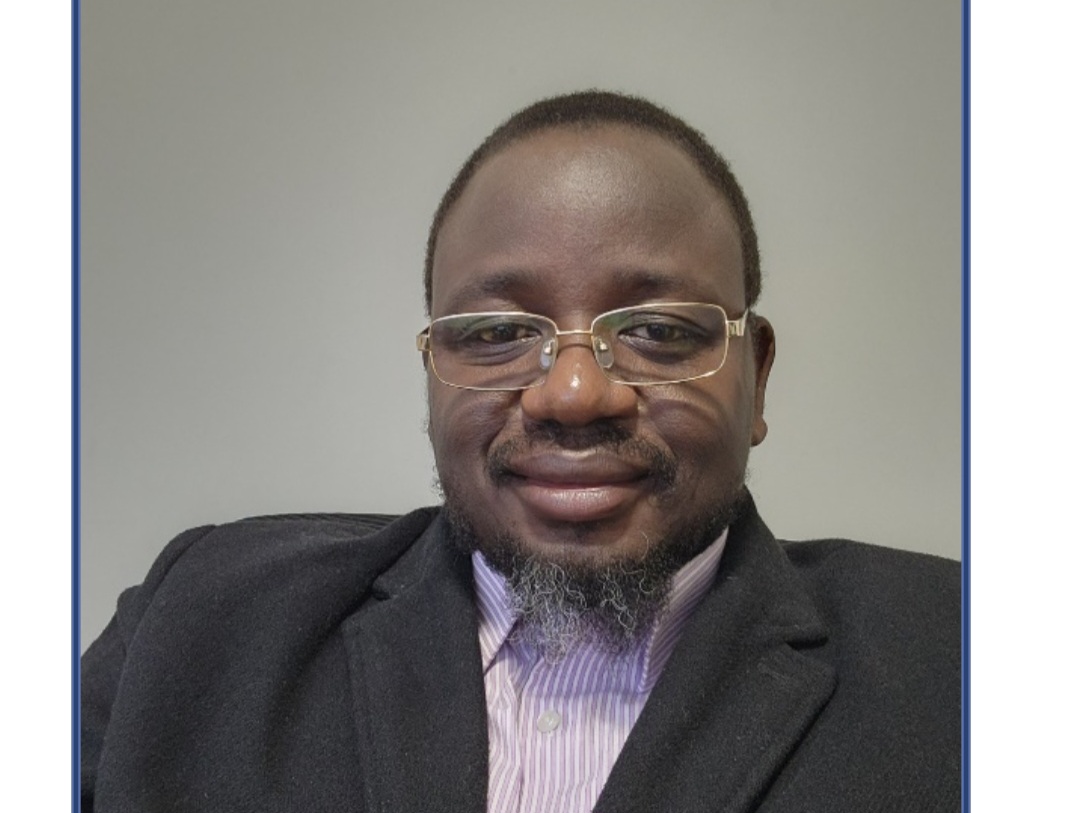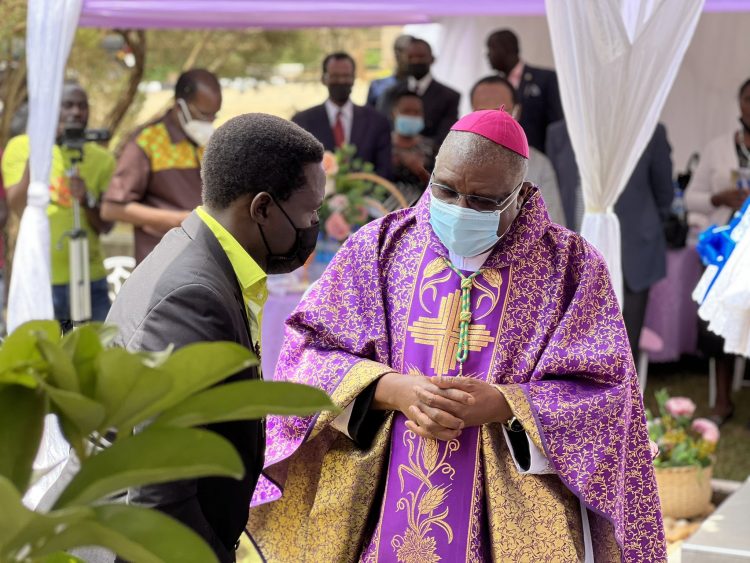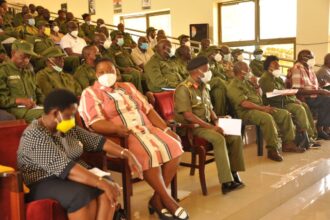In a seismic and far-reaching move, the United States has cast a colossal net of visa restrictions, ensnaring not only over 300 Members of Parliament but also their immediate family members, effectively shackling their access to the United States.
This sprawling blacklist stems from their support of the controversial Anti-Homosexuality Act, an act so contentious it sparked a global outcry over Uganda’s human rights stance.
Secretary of State Antony Blinken, in a stern and uncompromising decree, broadened the visa sanctions to encompass not just those involved in compromising Uganda’s democratic processes but also those linked to repression against marginalized communities, activists, journalists, and human rights defenders.
“Today, I am announcing the expansion of the visa restriction policy to include current or former Ugandan officials or others who are believed to be responsible for, or complicit in, undermining the democratic process in Uganda or for policies or actions aimed at repressing members of marginalised or vulnerable populations. The groups include, but are not limited to, environmental activists, human rights defenders, journalists, LGBTQI+ persons, and civil society organisers. The immediate family members of such persons may also be subject to these restrictions,” charged Secretary Blinken.
Also on the list Included any other politician, regardless of their current or past cabinet position, who is discovered to have been complicit in the controversial 2021 general elections. During this period, government security operatives faced accusations of abducting, assaulting, and even causing fatalities among those opposing President Museveni’s candidacy.
This unprecedented expansion of restrictions to include family members marks an uncharted territory in punitive diplomatic actions against Ugandan officials.
The fallout from this draconian measure reverberates through the political corridors of Uganda, striking fear into the hearts of those implicated. The speaker of parliament, Anita Amongi, bore the brunt of this swift and unyielding decree as her US and UK visas were summarily revoked when the Act was ratified in May 2023.
The implications are ominous, as the unprecedented inclusion of family members escalates tensions and sends shockwaves through Uganda’s political landscape.
Reactions are muted among the accused MPs, some declining comment until formal notification reaches them, a tactic often employed by the US before disclosing the roster of banned individuals.
This drastic move by the US, triggered by the passing of the Anti-Homosexuality Act, mirrors an earlier precedent set by the Fallon Smart Policy, named after a tragic hit-and-run case.
The US, aiming for justice in the Smart case, flexed its muscle by extending visa restrictions to family members of those evading justice. Now, these stringent measures against Ugandan officials and their kin promise to throttle diplomatic and educational opportunities, potentially impacting their global aspirations.
While Uganda’s government remains silent in response to this profound diplomatic upheaval, the ripples of these sanctions promise to reshape the nation’s diplomatic relationships and potentially narrow the horizons of those ensnared in this far-reaching net.
As the US asserts its stance, the specter of other Western nations following suit looms large, heralding a fundamental shift in the international dynamics that have long defined Uganda’s diplomatic landscape.
Do you have a story in your community or an opinion to share with us: Email us at Submit an Article



